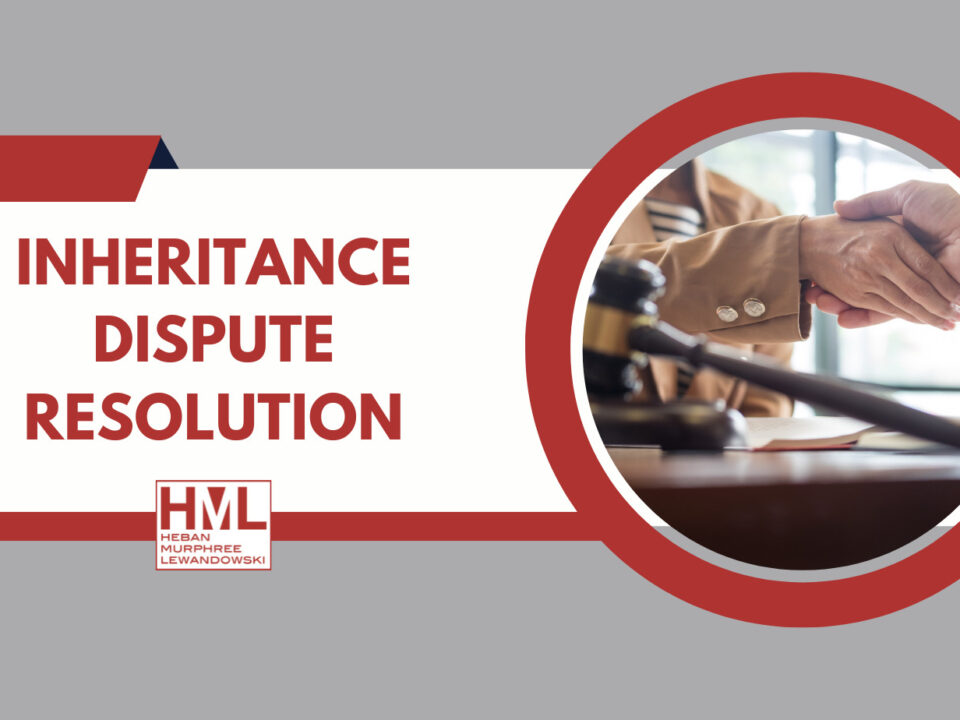- EXPERIENCED LAW FIRM IN TOLEDO, OH
- (419) 662-3100
Everything You Need To Know About Trusts and Taxes

Top 10 Things to Do This Summer in Toledo
May 7, 2021
How Does Ohio Probate Court Work?
May 25, 2021How Are Trusts Taxed?
What do you do when you want to set up funds for children, grandchildren, or even yourself in case of medical emergencies but aren’t sure how to best go about it?
The best advice would be to consult with experts in trusts, estate law, and state and federal taxes. Before you do that, however, you may want to familiarize yourself with some of the main points regarding trusts and taxation.
Defining a Trust
A trust is a legal construct in which you transfer assets such as cash, property, or investments to another entity such as a person or group (the trustee) so they can manage them for a third person (the beneficiary).
A classic example would be placing a portion of your savings into a trust for your children.
However, one thing to remember is that when you place assets into a trust, allowing for certain conditions, they no longer belong to you. They exist outside of your estate.
The advantage of this is that its value won’t be included when calculating inheritance taxes when you pass on.
The kind of trust you choose depends on what you want it to do. A bare trust is straightforward and gives the beneficiary all held assets once they turn 18. Other trusts, such as those that might be set up for children of a previous marriage, allow for available income sooner based on investments but don’t allow access to the assets until certain conditions are met.
There are trusts for almost any situation or cause. The best thing you can do is sit down with a trusted expert in wills, trusts, and estate law to determine the best one for your needs.
Of the different factors you’ll want to consider when setting up a trust is how taxes come into play.
Trusts and Taxation
A trust is meant to protect your assets so that they can be passed to the beneficiary. With that in mind, it’s perfectly reasonable to find ways to keep the tax bite low.
Here is information you need to know regarding trusts and taxes.
How Is an Inheritance from a Trust Taxed?
The IRS expects tax payments in advance. Just as a self-employed individual has to do, the trust will have to pay an estimated tax on the trust’s income every quarter. The trustee will figure out the year’s income from the trust, calculate the amount for the year up to date, determine the tax, and make payment to the IRS. When the next year comes around (generally, the same tax year as most individuals), the trustee will check those figures and make up for any shortfall in the estimate.
To come up with a taxable figure, the trustee can either look at money received and spent over the year or look at accrued earnings—even if not all of those earnings have been paid yet. The trustee then files a 1041 (with disbursals on Schedule B) with the IRS.
How Much Can You Gift from a Trust?
Individuals may give up to $14,000 yearly as a tax-free gift. This isn’t limited to the relatives alone but could also be applied as tax-free gifts to educational institutes and health care providers for education or health purposes. It’s an effective way to lessen the taxable value of an estate, but it’s essential to make sure all rules, regulations, and conditions are being met.
How Do Trusts Avoid Taxes?
There are several ways someone can use a trust to avoid or lessen a tax bill on assets they want to be held for others. One of the most basic methods is with lifetime giving.
An important factor in protecting assets from being taxed is to have them sitting in an irrevocable trust. This means that the individual no longer owns the assets placed in the trust. Those are wholly in the hands of the trustees now.
This doesn’t mean the individual can’t benefit from the assets held by an irrevocable trust.
For example, a qualified personal residence trust allows for the individual to use a home property as a residence within terms as short as two years and up to 20 or more. After the term is up (or when the originator of the trust passes on), the property and any appreciation it has gained is own by the trust for eventual distribution to heirs. There are also bypass trusts designed to benefit spouses and children, irrevocable life insurance trusts which bring in policy benefits, and intentionally defective grantor trusts made up of low-value assets meant to grow over time.
All of these have the plus of shielding assets from significant taxes.
What Is the 7-Year Rule in Inheritance Tax?
When a gifted asset is not immediately tax-free, it can be considered a potentially exempt transfer. If you survive at least seven years after making the gift, it can remain tax-free. Otherwise, it becomes subject to inheritance tax.
Don’t Go It Alone
Establishing a trust seems simple in theory, but the details can become overwhelming unless you have a lot of experience in the matter. That’s why to get the most out of your trust, it’s best to meet with people with experience and knowledge,
Reach out to Heban, Murphree, & Lewandowski today for a free consultation!









